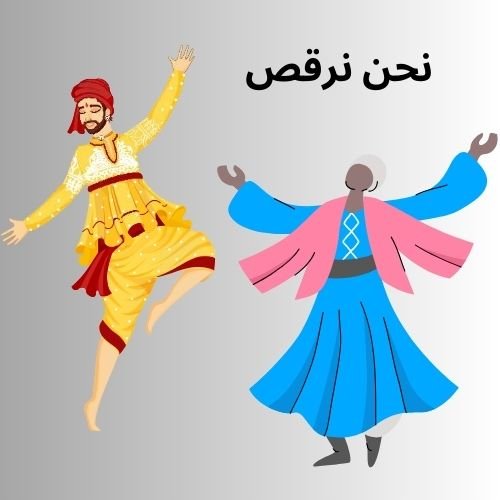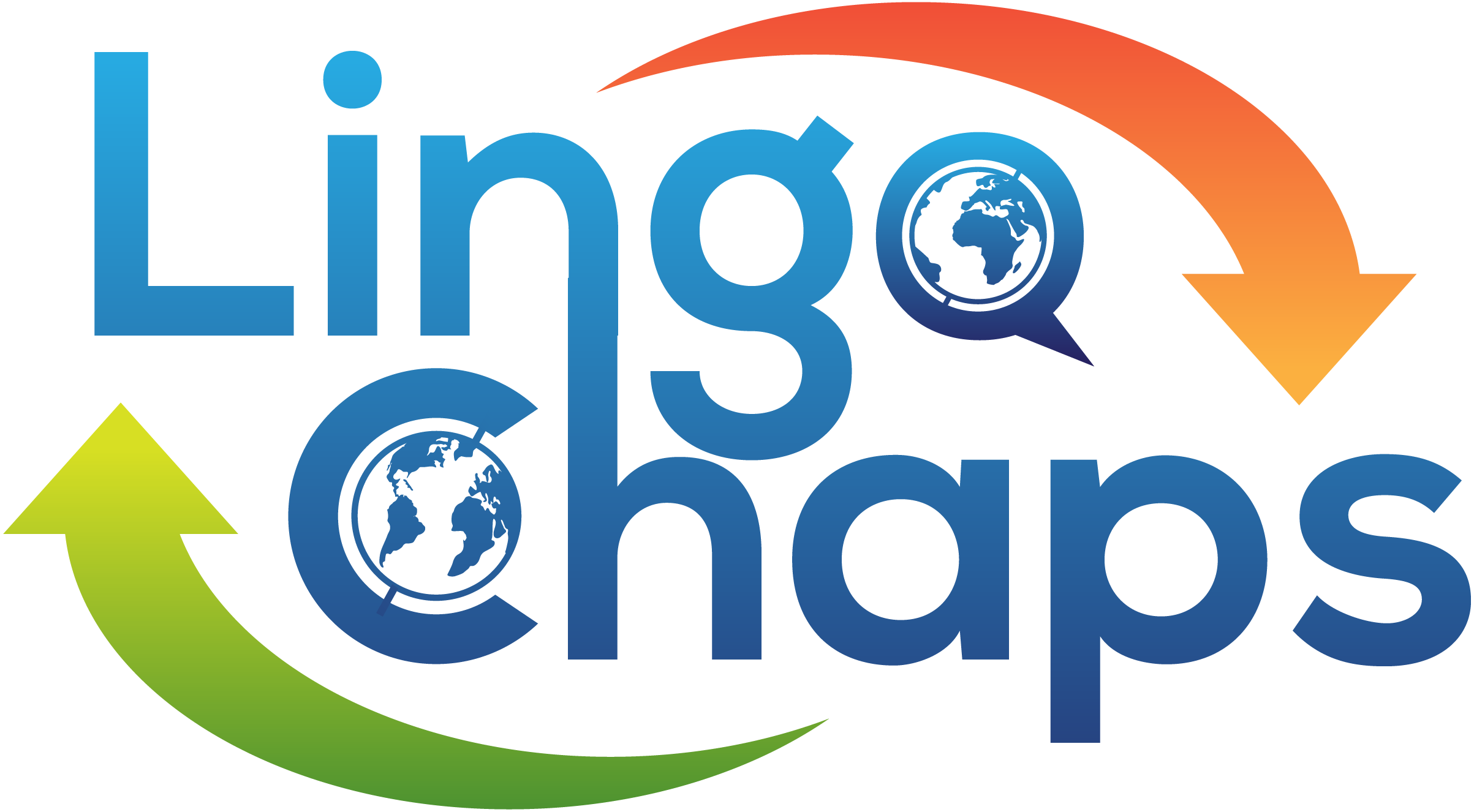Academic Translations
Academic Translations
- pinup casino
- lucy jet
- mostbet az
- mostbet uz online
- 1vin casino
- pinup
- farabet casino online
- pinup
- mosbet
- mostbet
- pin up kz
- pinup
- win
- mosbet az
- pinko casino
- pin up bet
- 1win
- mostbet kz
- pinco
- mostbet
- казино мостбет
- mostbet az
- pinup az
- mostbet aviator
- pin up casino
- pinup casino
- pinco
- 1win lucky jet
- pin up uz
- pin up uz
- pinup uz
- pinko
- 1win
- mostbet casino
- mostbet
- 1win casino
What is Academic Translations ?
Academic translations involve translating scholarly materials such as research papers, textbooks, theses, and dissertations from one language to another. These translations go beyond simple word-for-word conversion; they require a deep understanding of the subject matter, technical terminology, and cultural context.
Academic translations are essential because they make academic knowledge available to a broader audience. For example, groundbreaking research published in German might not reach English-speaking scholars unless it’s translated accurately. Similarly, international students rely on translated textbooks to access learning materials in their native languages.
The Role of Academic Translations in Global Education
In a world where collaboration is key to innovation, academic translations enable the sharing of knowledge across linguistic boundaries. They serve as a tool for connecting scholars from different regions, making it possible for researchers to engage with findings that might otherwise have been inaccessible due to language limitations. Without proper translations, groundbreaking discoveries might stay confined within a small linguistic community.
Why Are Academic Translations Crucial in Research?
Academic research is highly specialized and often uses complex terminology. When research is confined to a specific language, it limits the audience to those who understand that language. Academic translations broaden the reach of these findings, ensuring they are available to a global audience. This is particularly important in fields like medicine, engineering, and social sciences, where cross-border collaboration can drive significant advancements.
- Language Barriers in Research: Researchers from different countries may work on similar projects but remain unaware of each other’s work due to language barriers. Academic translations help bridge this gap.
- Broadening the Audience for Research Findings: By translating academic work, researchers can share their findings with a global community, contributing to international discourse.
Challenges in Academic Translations
Translating academic content is no easy task. The complexity of the language used in research papers, along with the cultural nuances and context-specific meanings, poses significant challenges.
- Complexity of Terminology: Academic disciplines often have unique terminologies that don’t easily translate into other languages. For instance, specific medical or scientific terms might not have direct equivalents in other languages, requiring careful interpretation.
- Cultural Context and Sensitivity: Certain concepts may hold different meanings in various cultures. Translators must be culturally aware to avoid misinterpretation or offense.
Types of Academic Translations
- Translation of Research Papers: Research papers are often filled with discipline-specific jargon, making them challenging to translate accurately. They require translators with both linguistic skills and subject matter expertise.
- Translation of Textbooks: Textbooks provide foundational knowledge for students. Academic translations ensure that students worldwide have access to the same learning materials, regardless of their language.
- Translation of Theses and Dissertations: Theses and dissertations are critical academic works that represent years of research. Accurate translations help these works reach a broader audience, contributing to global academic knowledge.
The Process of Academic Translation
Academic translation is a meticulous process that requires careful planning and execution.
- Pre-Translation Research: The translator must thoroughly understand the subject matter before starting the translation. This includes reviewing any existing translations and understanding the technical terms used in the field.
- Translation Process: Once the translator is familiar with the content, they begin the translation process. This step requires a balance between maintaining the original meaning and adapting the text to the target language.
- Post-Translation Editing and Proofreading: After translating the text, the work is far from over. Editing and proofreading are essential to ensure accuracy and clarity. This step also involves checking for consistency in terminology.
Skills Required for Academic Translators
Academic translators need a unique skill set to deliver high-quality work.
- Proficiency in Source and Target Languages: Fluency in both the original and translated languages is essential.
- Subject Matter Expertise: Understanding the specific field of study ensures accurate translations.
- Attention to Detail and Accuracy: Even minor errors can lead to significant misunderstandings, so precision is critical.
The Impact of Poor Academic Translations
Poor translations can have severe consequences in the academic world.
- Misinterpretation of Data: Inaccurate translations can lead to the misinterpretation of research findings, affecting the validity of the work.
- Loss of Credibility in Research: A poorly translated research paper can damage a scholar’s reputation, as the quality of the translation reflects on the quality of the research.
Academic translations are an indispensable part of the global academic landscape. They ensure that knowledge is accessible across language barriers, allowing scholars worldwide to share ideas and collaborate. While challenges remain, particularly in terms of accuracy and cultural context, advancements in technology and best practices are helping to improve the quality of academic translations.


